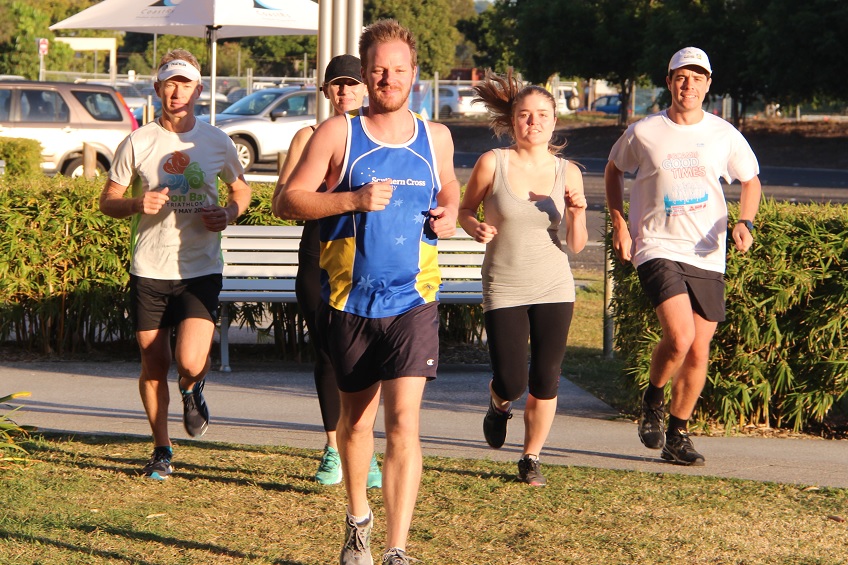By Charlotte Robinson
At some point, exercise, or the lack there of, has crossed every student’s mind. Whether you’re running late for class and the staircase in building 5 seems as if it will be the end of you, or when you hear of phantom runners braving 5am in the heart of winter to pursue their hobby, taking up running is never too far from the back of the mind.
We’ve all wondered how some students manage to find the time to run, and why do they spend an hour jogging instead of having a drink with friends?
Brad Inglis is a professional psychologist and counsellor at Southern Cross University, a sponsor of the Gold Coast Airport Marathon, who facilitates a weekly running group for students, including those struggling with the demands of the busy lifestyle associated with higher education.
“The benefits of exercise, namely running, improves a student’s happiness, organisational skills, and can help students achieve that well sought after HD,” Brad said.
Brad advised that not only does running have a variety of external benefits, but it enhances memory and thinking through “its ability to reduce insulin resistance, inflammation, and stimulation of the release of growth factors”.
Okay, so perhaps it is worthwhile including exercise in busy lives, but how are students meant to fit this into their schedules?
“Students should plan out a structured exercise regime, join a running club or find a running partner, run on the same days and times each week and set a fitness goal to make your efforts achievable,” Brad said.
“Many students neglect wellbeing, namely sleeping, exercising and eating – resulting in increased anxiety and a higher likelihood of depression.
“The key to a structured regime is factoring in more than study and work.”


























RUNNERS. TAG YOUR PHOTOS WITH #GCM25